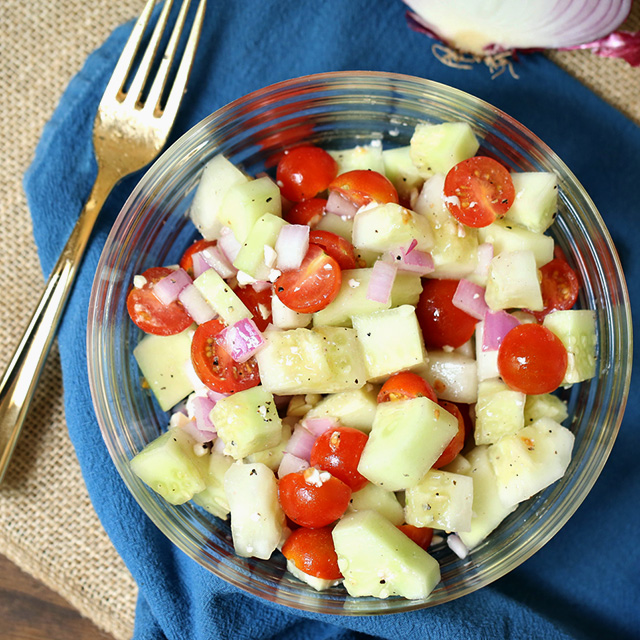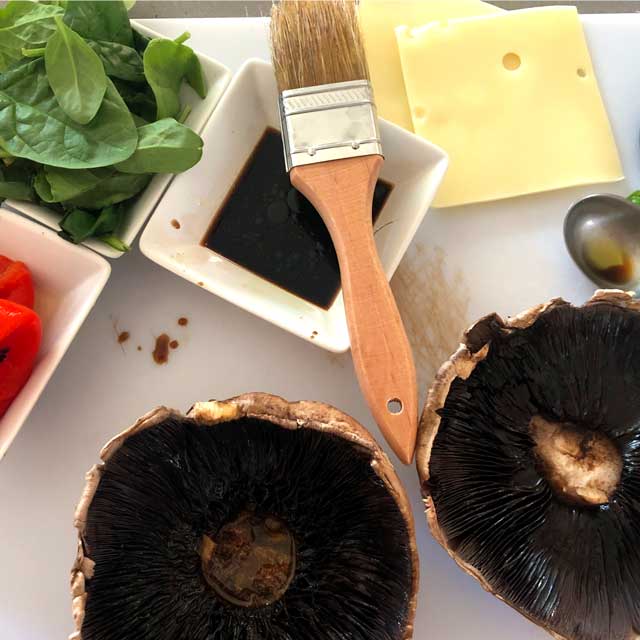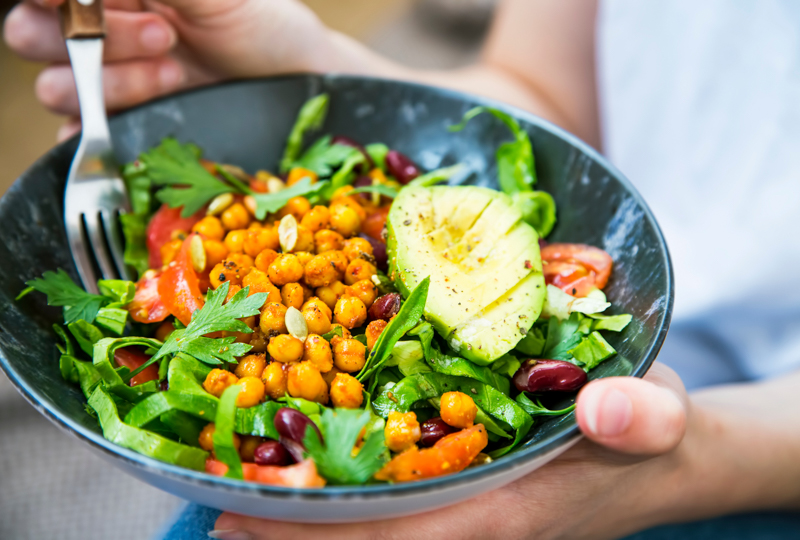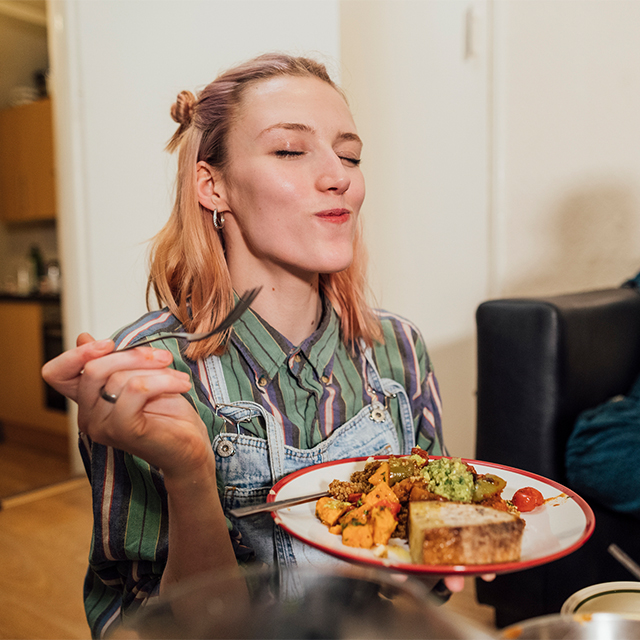Learn the benefits of a plant-based diet and create a strategy for optimal nutrition.
Maybe you’re curious about plant-based diets, or maybe you have been living the vegetarian or vegan life for a while now. In either case, you may be wondering about the best strategies for ensuring good nutrition when primarily eating plant-based foods.
We asked Fran Blackman, a nutritionist and registered dietician in Vanderbilt’s Nutrition Clinic, to weigh in.
What are the benefits of a plant-based diet?
Plant-based diets tend to help decrease inflammation in the body, Blackman said. Plus, eating more plant foods can also improve your intake of vitamins, minerals, antioxidants and fiber.
“Plant-based diets tend to reduce the risk for chronic diseases,” she added. “They reduce the risk for high cholesterol and hypertension. Some research even shows that you can reduce the risk for certain types of cancer and possibly dementia.” Plant foods can also help with weight management if that’s your goal.
Your health isn’t the only thing that can get a boost. As a bonus, eating more plants, rather than animal products, helps to reduce your carbon footprint, meaning you’re also helping the environment.
Strategies for optimal nutrition
Are there negatives of a plant-based diet? As with any diet, you may need to follow certain strategies to ensure well-rounded nutrition.
“In a plant-based diet, some people may miss out on an adequate amount of vitamin B12 or getting the recommended amount of protein,” Blackman said.
Naturally occurring vitamin B12 is only found in animal products. Vegans, especially, may need to take a B12 vitamin or supplement with fortified foods, such as nutritional yeast, certain milk alternatives and protein shakes.
You can still get plenty of protein on a plant-based diet. “Combining food groups helps,” Blackman said. For example, eating lentils or beans with a whole grain like rice can help ensure you’re consuming the nine essential amino acids, crucial for building and maintaining muscle and overall health.
The Mediterranean diet and DASH diet are great options if you’re pescatarian, meaning you consume fish. But even if you don’t eat seafood, you can still customize one of these healthy diets for a vegetarian or vegan lifestyle. “They are good outlines,” Blackman explained, “but even within those outlines, a meal plan has to be individualized.”
Be mindful of ultra-processed items that are marketed as plant-based. For example, the freezer aisle is filled with plant-based “meats.” Read the food label and seek options that are less processed.
How to start a plant-based diet
“Maybe see a dietitian if it’s a diet that’s new to you,” Blackman suggested. Vanderbilt’s Nutrition Clinic has certified professionals who can help.
If you are seeking a dietitian, ask for one who specializes in or is certified in an area that fits your needs.
“We want to empower people to eat in ways that feel best for them. Any diet has to be something they can adopt long-term as a lifestyle to feel healthier,” Blackman said.
Plant-based recipes to try at home

Recipe: Cool down with a cucumber and tomato salad
This fresh and easy cucumber and tomato salad is the ideal dish for hot days. Best of all, it’s delicious.

Cooking With Coach: Vanilla Banana Almond Smoothie
Vanilla, banana and almond makes a satisfying, balanced smoothie.

30 minutes to dinner: Portobello mushroom sandwich
Meatless Mondays will still feel hearty with this filling portobello mushroom sandwich recipe — ready…




